Only the dead have seen the end of war
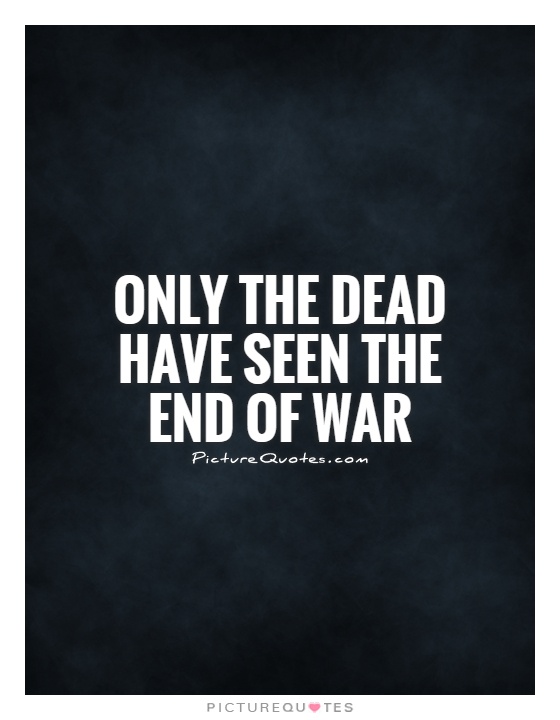
Only the dead have seen the end of war
The quote "Only the dead have seen the end of war" is often attributed to the ancient Greek philosopher Plato, although there is some debate about its true origins. Regardless of who first uttered these words, they hold a profound truth about the nature of war and its devastating impact on those who are caught in its crossfire.When we think about the phrase in the context of the "dead," we are reminded of the countless lives that have been lost in the name of conflict throughout history. War has been a constant presence in human civilization, with battles and skirmishes being fought for various reasons, from territorial disputes to ideological differences. The toll of war is measured not only in the number of casualties but also in the psychological and emotional scars that it leaves on those who survive.
The dead, in this context, are the ultimate witnesses to the horrors of war. They have experienced firsthand the brutality and senselessness of armed conflict, and their voices are forever silenced by the grave. Their stories are lost to time, their pain and suffering forgotten by all but those who mourn their passing. The dead have seen the end of war because they have been consumed by it, their lives cut short by the violence and chaos that it brings.
But even in death, the memory of those who have fallen in war lives on. Their sacrifices are honored and remembered by future generations, who strive to learn from the mistakes of the past and work towards a more peaceful world. The dead serve as a reminder of the futility of war, of the senseless destruction that it brings, and of the need for diplomacy and dialogue to resolve conflicts without resorting to violence.




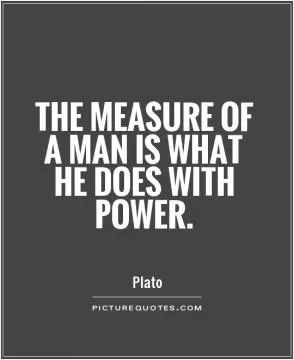
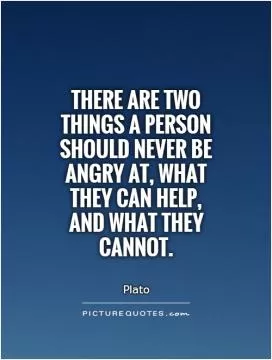



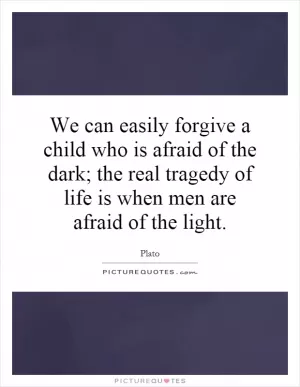
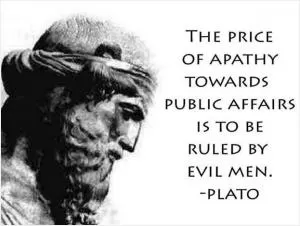

 Friendship Quotes
Friendship Quotes Love Quotes
Love Quotes Life Quotes
Life Quotes Funny Quotes
Funny Quotes Motivational Quotes
Motivational Quotes Inspirational Quotes
Inspirational Quotes